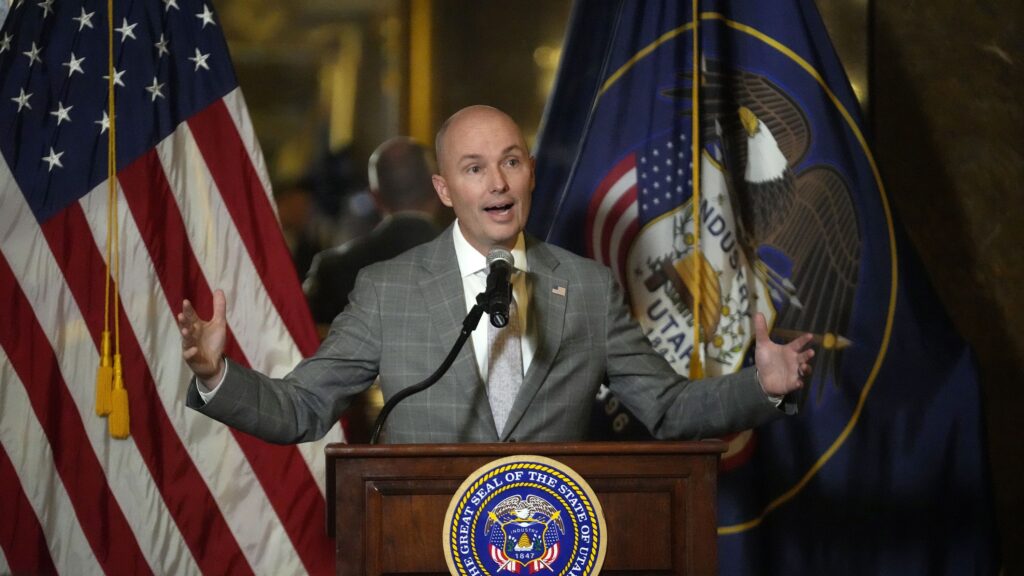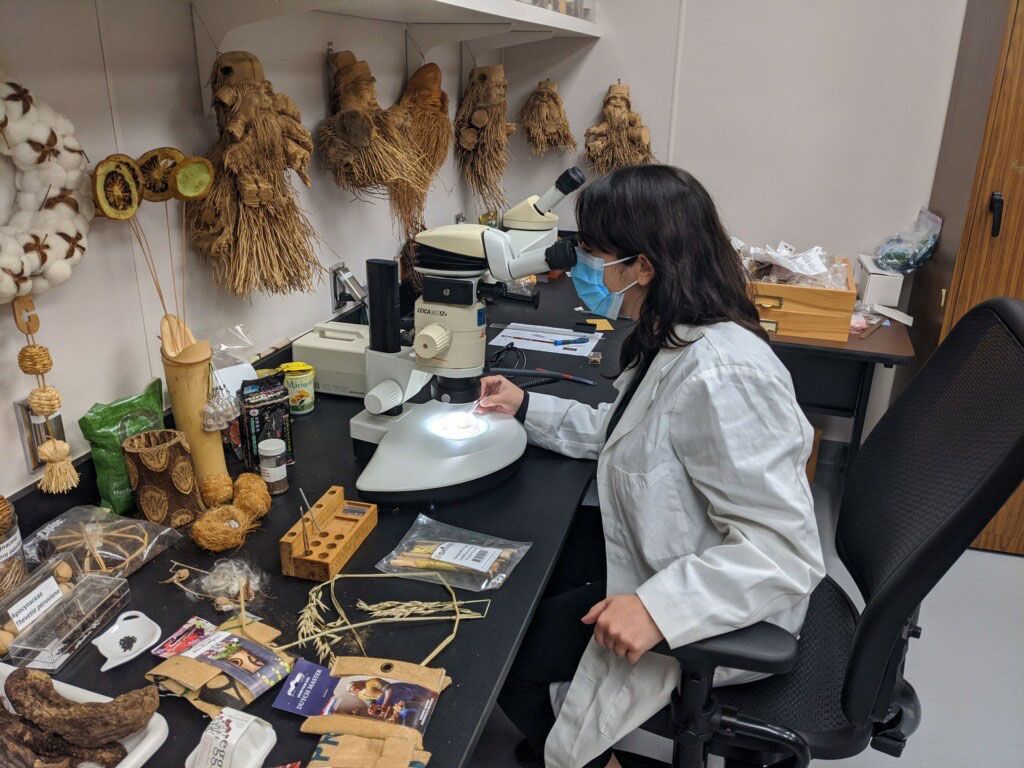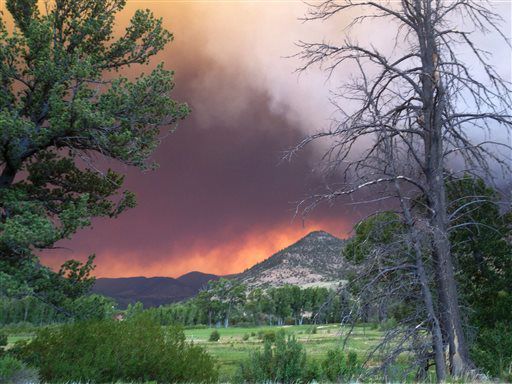Colorado senators seek to renew law allowing sales of federal land
WASHINGTON – Colorado’s U.S. Senators Michael Bennet and Cory Gardner are trying to revive a law intended to protect federal lands in western states they describe as having “conservation value.”
The Federal Land Transaction Facilitation Act was a federal law enacted in 2000 that authorized some federal agencies to buy and sell land.
The law expired in 2011 amid concerns it was mismanaged by the Bureau of Land Management, the National Park Service and the U.S. Fish and Wildlife Service.
It was reintroduced as a U.S. Senate bill last week by Sen. Martin Heinrich, D-N.M., and Sen. Dean Heller, R-Nevada. Bennet and Gardner are co-sponsors.
The Colorado senators gave assurances they would try to reauthorize the law in a way that provides greater benefit to western states.
“We’ll work to advance this legislation that boosts economic development, improves land management and conserves high priority land for future generations,” Bennet said.
The Federal Land Transaction Facilitation Act (FLTFA) followed a “land for land” plan.
The Bureau of Land Management would sell property that was underused or difficult to maintain. The agency then used money from the sales to purchase properties within the boundaries of federal land or next to it.
Typically, the parcels were sold to ranchers, cities or companies for private development. The land purchased by the Bureau of Land Management is most often used for recreational areas or wildlife habitat protection.
The FLTFA was intended to improve the quality of federal property while spurring economic development without the need for government subsidies.
Gardner said the new bill would “ensure future generations of Coloradans can enjoy our great state’s natural treasures.”
“This fiscally responsible, bipartisan bill will prioritize conservation across Colorado and the West at no cost to the taxpayers,” Gardner said.
However, Colorado’s senators did not directly address shortcomings the Government Accountability Office assigned to the FLTFA program in a 2008 report to Congress.
The GAO said most of the land sales were in Nevada and Oregon, where the federal government was under pressure to free up federal property for growing populations. In Colorado and the other eight western states where the FLTFA land was supposed to be redistributed, the Bureau of Land Management “field offices have not generated sales revenue under FLTFA,” the GAO reported.
One of the problems was a lack of realtors available to properly manage sales of federal land.
In addition, the Bureau of Land Management “has not made the sale of this land a priority during the first seven years of the program,” the GAO reported. “Furthermore, [the Bureau of Land Management] has not set goals for sales or developed a sales implementation strategy.”
Sponsors of the new FLTFA bill say any of the old problems have been largely resolved. Federal agencies mentioned in the report adopted five of the GAO’s seven recommendations.
In addition, the new bill proposes speeding up the sales by focusing on land the agencies recently identified as available for disposal.
Despite any history of problems, the effort to revive FLTFA is winning support in Colorado and elsewhere.
“FLTFA already has a strong record of benefitting public lands in Colorado, providing public access and protection to lands from Canyons of the Ancients National Monument to the Holy Cross Wilderness,” said Scott Miller, regional director for the Southwest region of the Wilderness Society. “Reauthorizing FLTFA will provide continued benefits to Colorado by acquiring important public lands for recreation, wildlife and watershed protection, while at the same time improving our economy and benefitting private landowners.”
Under the authority of the FLTFA, federal agencies acquired about 4,500 acres of land within the Canyons of the Ancients National Monument in southwestern Colorado to preserve cultural artifacts.
Other organizations that support reauthorization include the Conservation Fund, the Trust for Public Land, Rocky Mountain Elk Foundation and the Theodore Roosevelt Conservation Partnership.
Officials from the Bureau of Land Management and U.S. Forest Service declined to comment when contacted by Colorado Politics, saying they do not take positions on pending legislation.











